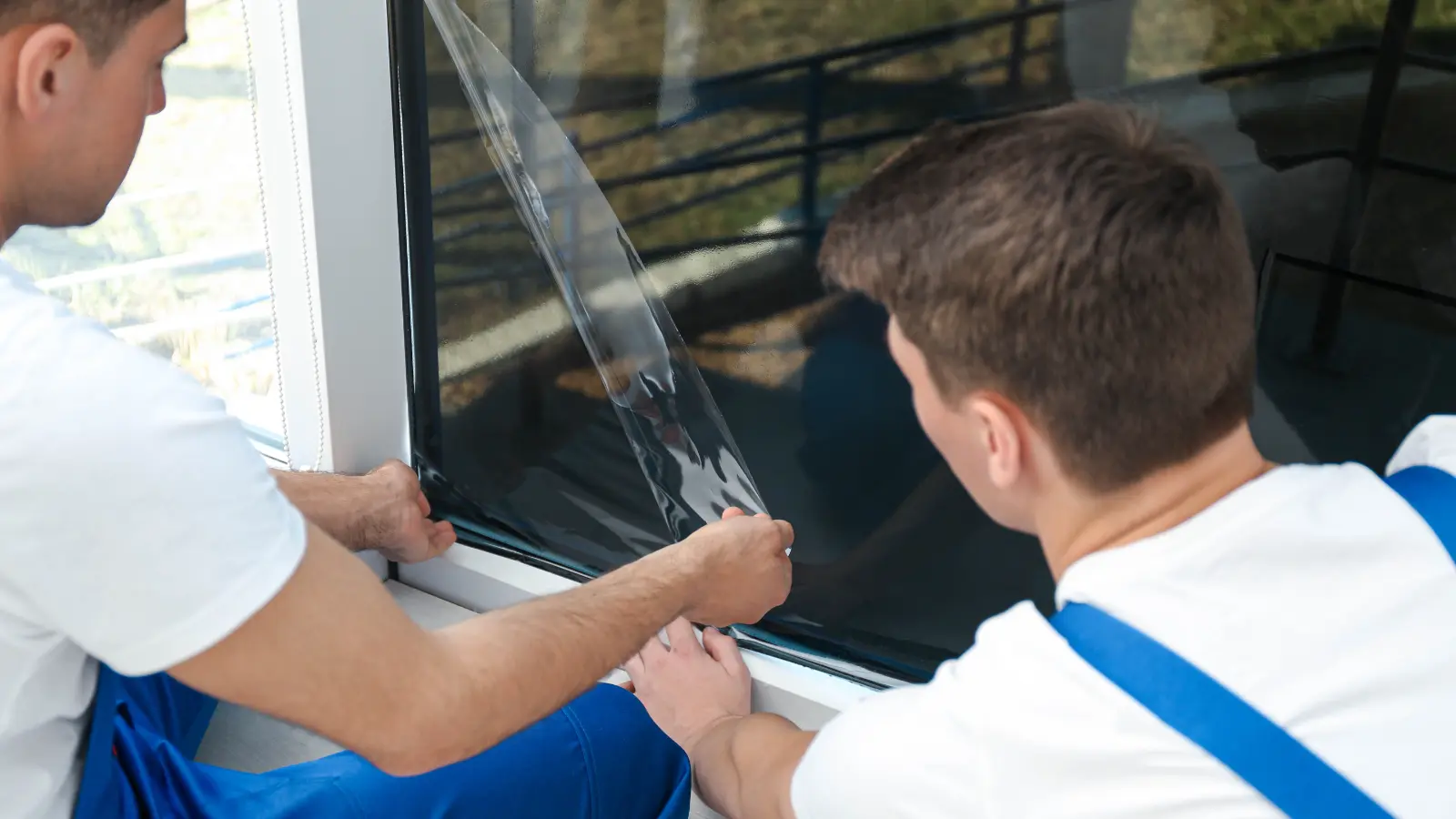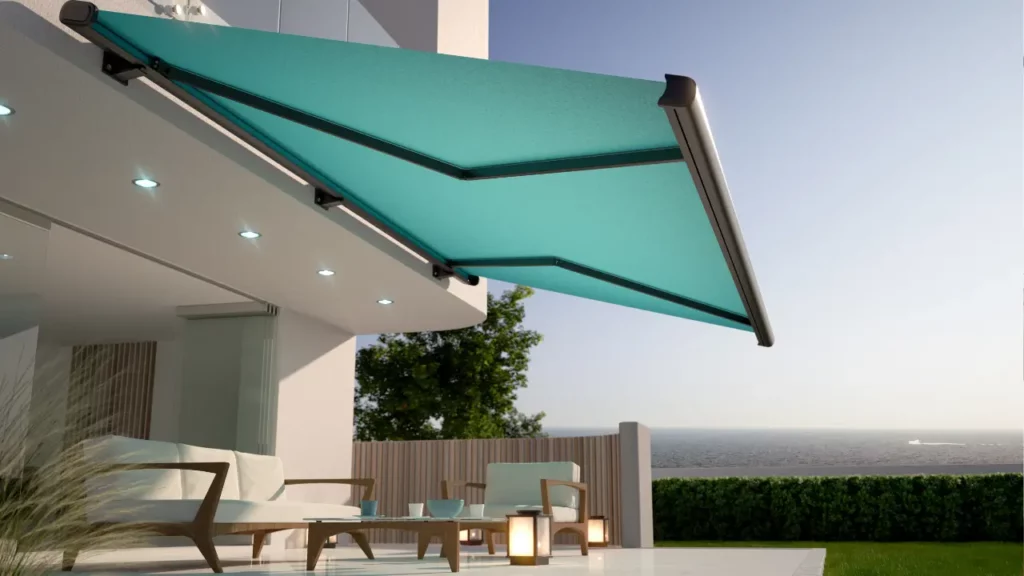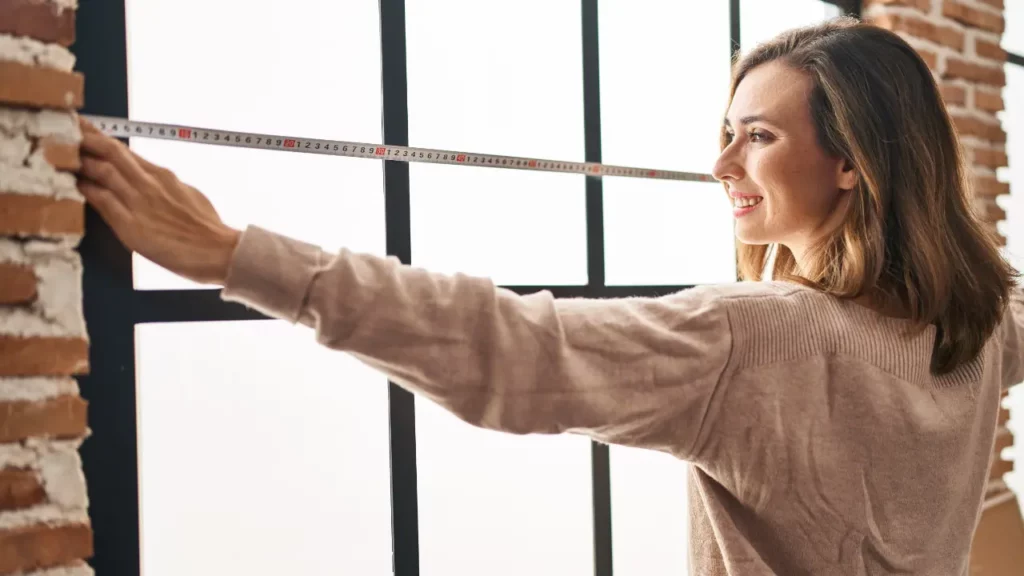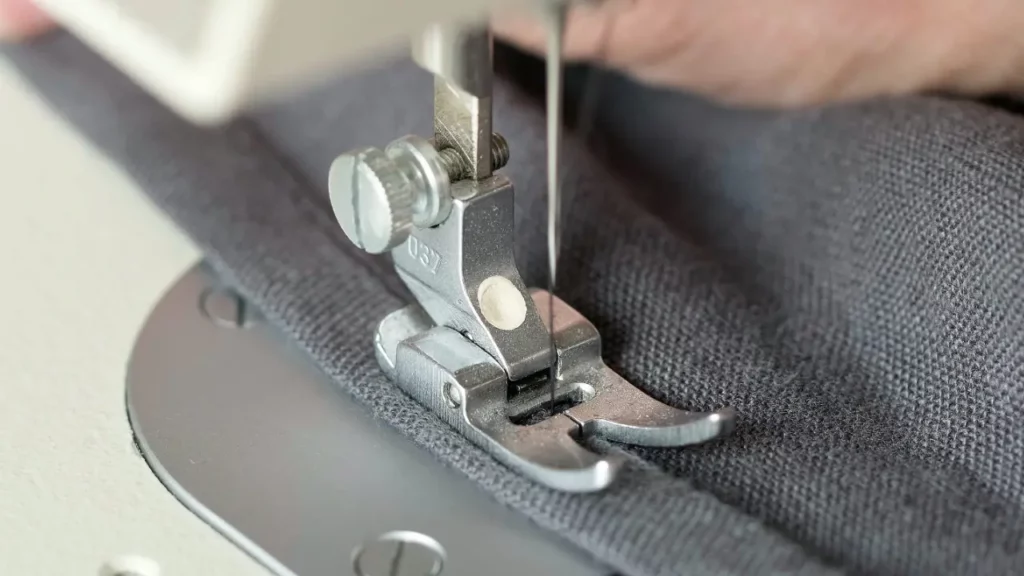The Home Window Tinting Solution: Increase Privacy, Reduce Glare, Wear & Tear

Every adult Los Angeleno knows what it’s like to drive into a blinding late afternoon sun. Frightening. Frustrating. Extremely unpleasant.
That same glare can invade your home if you have large picture windows, an open western or southern exposure, or live in an area with lots of reflective surfaces, such as a high-rise apartment or house near the beach.
Glare can make your home unbearably hot and bright, and damage your furniture and flooring.
Window coverings can manage the problem, but then you may lose the view of the ocean, mountains, or whatever inspired you to install your humungous picture windows.
Window tinting offers an alternative solution. It isn’t just for cars or commercial buildings! You can apply it to your home’s windows for many benefits beyond glare reduction.
What Is Home Window Tinting?
Home window tinting, quite simply, is the process of applying a thin film to your windows. This polyester film has extraordinary clarity, strength, and stability. And that’s just a start because there are several types of window tinting films, each with different characteristics.
Common Types of Home Window Tinting
Solar Window Film (Anti-Glare Window Film)
Solar window films come in various shades and can be nearly invisible or have a reflective surface.
They block harmful UV rays, reduce heat gain, and provide privacy without obstructing your view. They lower energy bills by reducing the need for air conditioning.
Decorative Window Film
Decorative window films are available in various patterns, textures, and colors. They are an affordable solution to replace expensive etched glass or frosted panes.
They provide privacy, simulate the look of textured glass, and block UV rays.
Security Window Film
Security window films strengthen windows and improve safety by preventing shattering when impacted by a heavy object.
Thicker security window film can make your windows bullet-resistant. But safety isn’t the only benefit. These films also block UV rays and reduce glare.
Anti-Graffiti Window Film
Anti-graffiti window film protects your windows from graffiti or scratches.
It acts as a sacrificial barrier between vandals and your glass. It’s easy to replace if marred, saving you from the expense of replacing the entire window.
Heat-Reduction Window Film
Heat-reduction films come in various shades and can be reflective or non-reflective.
They focus on reducing heat from the sun. While they can also block UV rays, they primarily keep your home cooler by reducing solar heat gain.
Low-E Window Film
Low-E films are typically transparent and virtually invisible.
They improve insulation by reflecting heat back into your home during the winter and reducing heat gain in the summer. This results in energy savings and increased comfort.
Smart Window Film
Smart window films can switch between transparent and opaque states.
Their technology allows homeowners to control the level of privacy and light entering a room and offers a futuristic approach to window treatments.
Benefits of Window Tinting
1. Increased Privacy
You can enjoy natural light while maintaining your privacy. Tinted windows make it difficult for outsiders to see into your home, giving you peace of mind and a sense of security.
2. Glare Reduction
Window tinting can significantly reduce glare, providing comfort and safety for you and your furniture. Say goodbye to squinting, headaches, and the harsh light of direct sunlight.
3. Energy Efficiency
Blocking out UV rays and reducing heat transfer can keep your home cooler during hot summer days and warmer during colder winter nights. This makes your home more comfortable and energy-efficient.
4. UV Protection
Harmful UV rays can wreak havoc on your furniture, flooring, and other prized possessions, causing them to fade, discolor, or even crack. But window tinting can block up to 99% of UV rays, helping to maintain a vibrant and well-preserved home interior.
5. Enhanced Aesthetics
With various tinting options available, you can choose the level of shading that best suits your aesthetic preferences, contributing to the overall appeal of your property.
6. Improved Safety
In the event of an accident or attempted break-in, window tinting can hold shattered glass together, reducing the risk of injury and making it more challenging for intruders to gain access to your home.
Tips for Solar Films
- Apply film on the inside of single-pane windows but on the outside of dual-pane windows.
- Southern and western areas of your LA-area homes are most likely to need solar film. Western-facing bedrooms may require less natural light, in which case you can choose darker tints with around 70% light-blocking protection.
- A standard recommendation is to allow 20% of light to pass through the film, and less than 40% reflected away from your home.
- Solar film doesn’t work with all glass types. Some glasses may overheat and break. Research first, and consult a professional installer like Aero Shade.
- Many people install window tinting that’s too dark. You can avoid this by placing a sample over your eyes (as if you were wearing sunglasses). Do this with various samples until you find one that suits you.
- Some window films are colored. Ideally, you should obtain a larger film sample (a typical bond paper size is good) and paste it on your window. Examine it from the outside to see if the tint blends well with your house.
The Installation Process
Installing window tinting in your home is best left to professionals (like Aero Shade). Here’s a step-by-step overview of the process:
- Preparation: The installer will thoroughly clean the window to ensure no dirt or debris is trapped beneath the film.
- Cutting: The installer cuts the film to the exact size of the window and carefully shapes it around the edges.
- Adhesion: Using a water and soap solution, the film is applied to the window, adjusting it to ensure a perfect fit.
- Drying: The film is allowed to dry and adhere securely to the window.
- Trimming: The installer trims any excess film and makes final touches to ensure a clean, professional appearance.
- Quality Check: The installer will inspect the work to guarantee it meets the highest standards.
Who Installs Home Window Tinting?
We do at Aero Shade in Los Angeles! Tinting is just one item on our full-service menu of window treatments. We’ve installed window tinting for many years now and have three full-time installers on staff. As the technology evolves, so do we.
Please call us for a free, in-home, no-obligation estimate. You’ll be glad you did!
FAQs: More about Home Window Tinting
Q: How long does window tinting typically last?
Window tinting can last many years, often a decade or more. The quality of the film and the installation process play a significant role in its longevity.
Q: Is window tinting suitable for all types of windows?
Window tinting can be applied to most window types, including single-pane, double-pane, and sliding-glass windows.
Q: Will window tinting make my home darker?
Window tinting is designed to reduce glare and block UV rays while maintaining natural light. Your home won’t be significantly darker.
Q: Is window tinting a DIY project?
While DIY kits are available, we recommend professional installation for the best results and longevity.
Q: Does window tinting affect the view from the inside?
Most window tinting is virtually invisible from inside, so it won’t obstruct your view.
Q: Can window tinting be removed?
You can remove window tinting if you decide to change it or no longer need it. We recommend professional removal to prevent damage to the glass.
Q: Is window tinting expensive?
The cost varies depending on the size and number of windows, type of film, and installation fees. It’s usually much lower than other window treatments like blinds or curtains.
Q: Can window tinting help reduce my energy bills?
Window tinting can reduce heat gain during summer and heat loss during winter, meaning your heating and cooling systems won’t have to work as hard.
Q: Is there a warranty for window tinting installations?
Most professional installers offer a warranty for their work, but it’s always a good idea to confirm this before you hire a company. At Aero Shade, we guarantee the quality and durability of our installations.
Q: Will window tinting peel or bubble over time?
Quality window tints installed by professionals shouldn’t peel or bubble. However, if you notice any signs of peeling or bubbling, you should contact the installer immediately to get it fixed.
Q: Can window tints protect against break-ins?
Window tinting isn’t designed to prevent break-ins but can add an extra layer of protection. The film holds the glass together, making it harder for a would-be intruder to enter through the window.
Q: Are there any legal restrictions on window tinting?
Some areas have regulations on how dark window tinting can be, particularly for vehicles. For homes, restrictions are less common, but it’s always wise to check local laws before proceeding.


